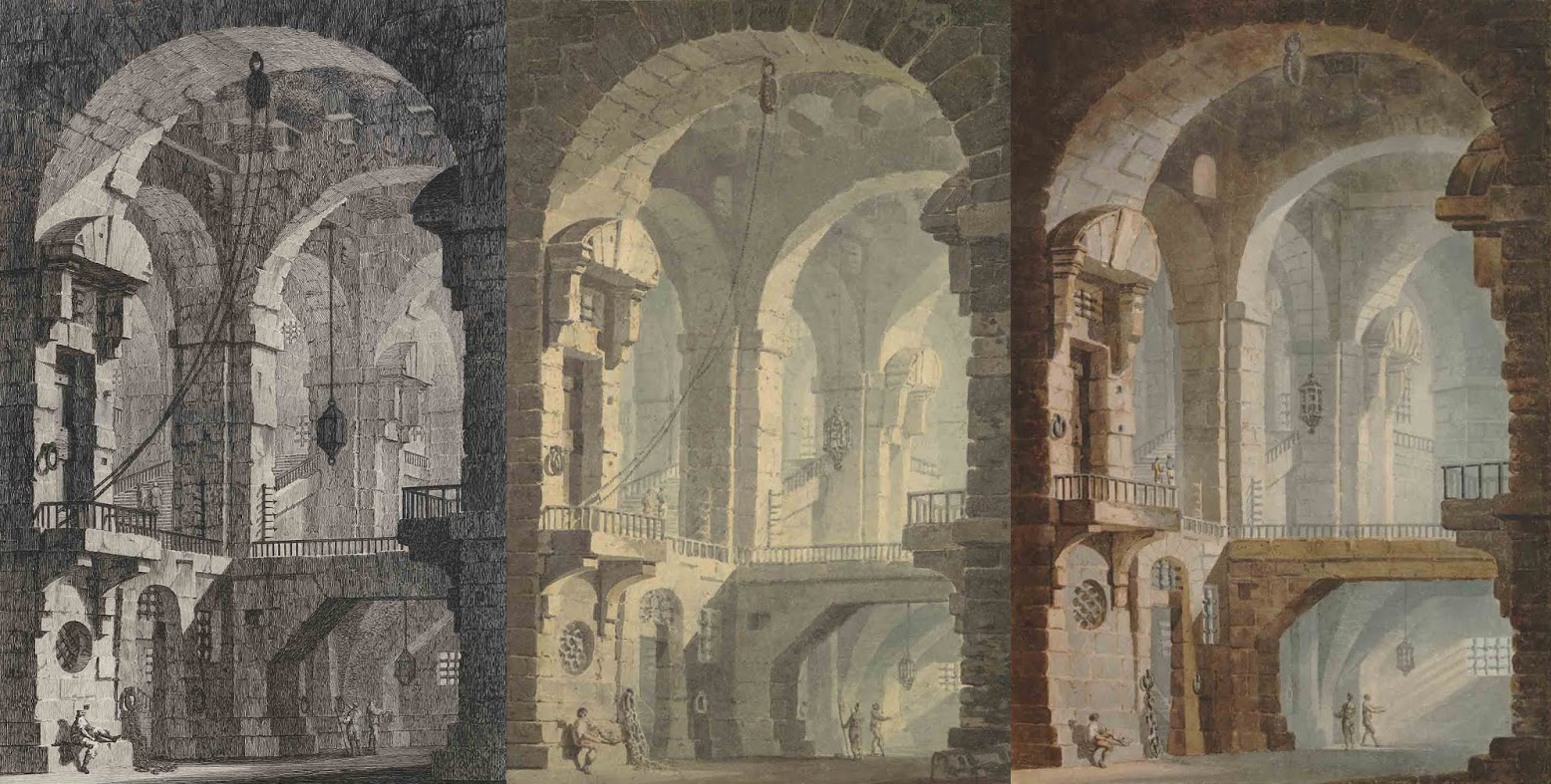Weird Studies/Piranesi
06 Aug 2022 - 09 Dec 2023
- This is a natural fir for WS. They make the point (obvious in retrospect) that The Hoouse is somthing like the Jungian unconscious, full of archetypes or representations (the statues).
- They quote the very ineresting passage in which Piranesi defends his world
"Yes", said Raphael. "Here you can only see a representation of a river or a muntain, but in our world – the other world – you can see the actual river and the actual mountain." This annoyed me." I do not see why you say I can only see a representation in this World", I said with some sharpness. The word "only" suggests a relationship of inferiority. You make it sound as if the Statue was inferior to the thing itself. I do not see that that is the case at all; Iwould argue that the Statue is superior to the thing itself, the Statue being perfect, eternal, and not subjec to decay." "Sorry" said Raphael. "I didn't mean to disparage your world" (p 222)
- This suggests the statues are like Platonic forms, except that they are derived from reality rather than being prior to it.
- Some references to other episodes Weird Studies/A Glitch in the Matrix and Memory Palaces and I realized that MUE was me trying to construct a House for myself, or at least, my image of the user was like Piranesi, inhabiting this abstract space of concepts and navigating around in it. (Although I didn't intent to trap my users there forever).
- Other obvious referents: Borges' Library of Babel (although that one was notable for its utter nihilistic meaninglessness, unlike The House). Gormenghast, the real Piranest, Escher. Interior fantasy spaces as a trope.
- Very interesting review A Labyrinth for Our Time - Public Books with some background on original Piranesi
- The notion that spiderwebs, beehives, and perhaps human architecture are like extensions of the body (there must be a word for that, I can't think of it at the moment)
- Basements represent the unconscious...hm that explains why Californias are so shallow (most houses around here don't have basements, for whatever reason). (idea from Bachelard?)
